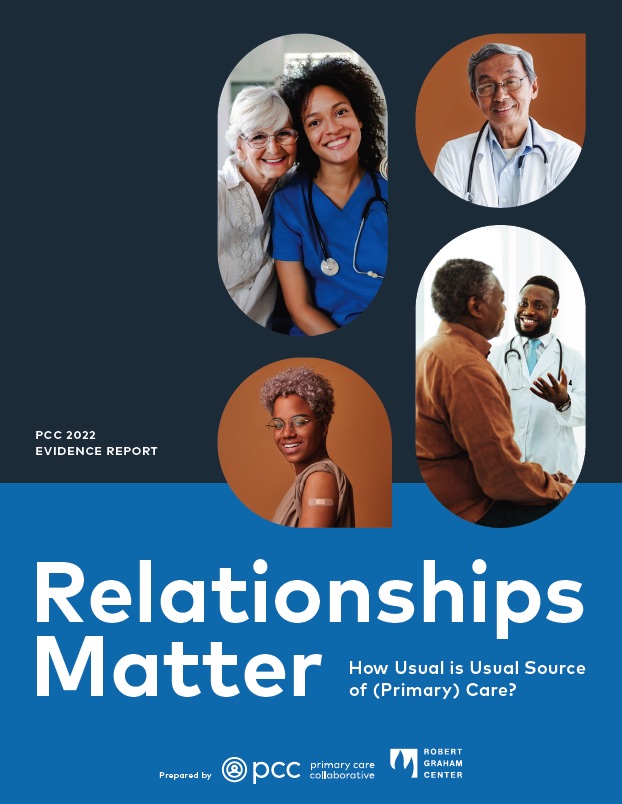PCC was one of 26 organizations that signed a letter in support of H.R. 1025, the Kids' Access to Primary Care Act of 2021, and sent to the bill's cosponsors, Reps. Kim Schrier, MD (D-Wash.-08); Kathy Castor (D-Fla.-14); and Brian K. Fitzpatrick (R-PA-1). The bill would expand access to Medicaid by increasing reimbursement rates for doctors and expand eligibility for enhanced rates to additional providers.
The letter was sent from organizations dedicated to promoting the health of our nation, including children, pregnant women, and families and noted that Medicaid provides health insurance to nearly 40 percent of all children.
The letter reads, in part: "Vulnerable populations need coverage that ensures them access to affordable and comprehensive quality care. When Medicaid beneficiaries cannot find a clinician who accepts new Medicaid patients, they face the same access problems as those who have no insurance. They are less likely to have a usual source of care, to forgo needed preventive and acute care for minor problems, to develop complications that require intensive and costly medical intervention, and to have poorer health status. Appropriate and adequate payment is essential to ensure the viability of the primary care workforce to provide such care."




